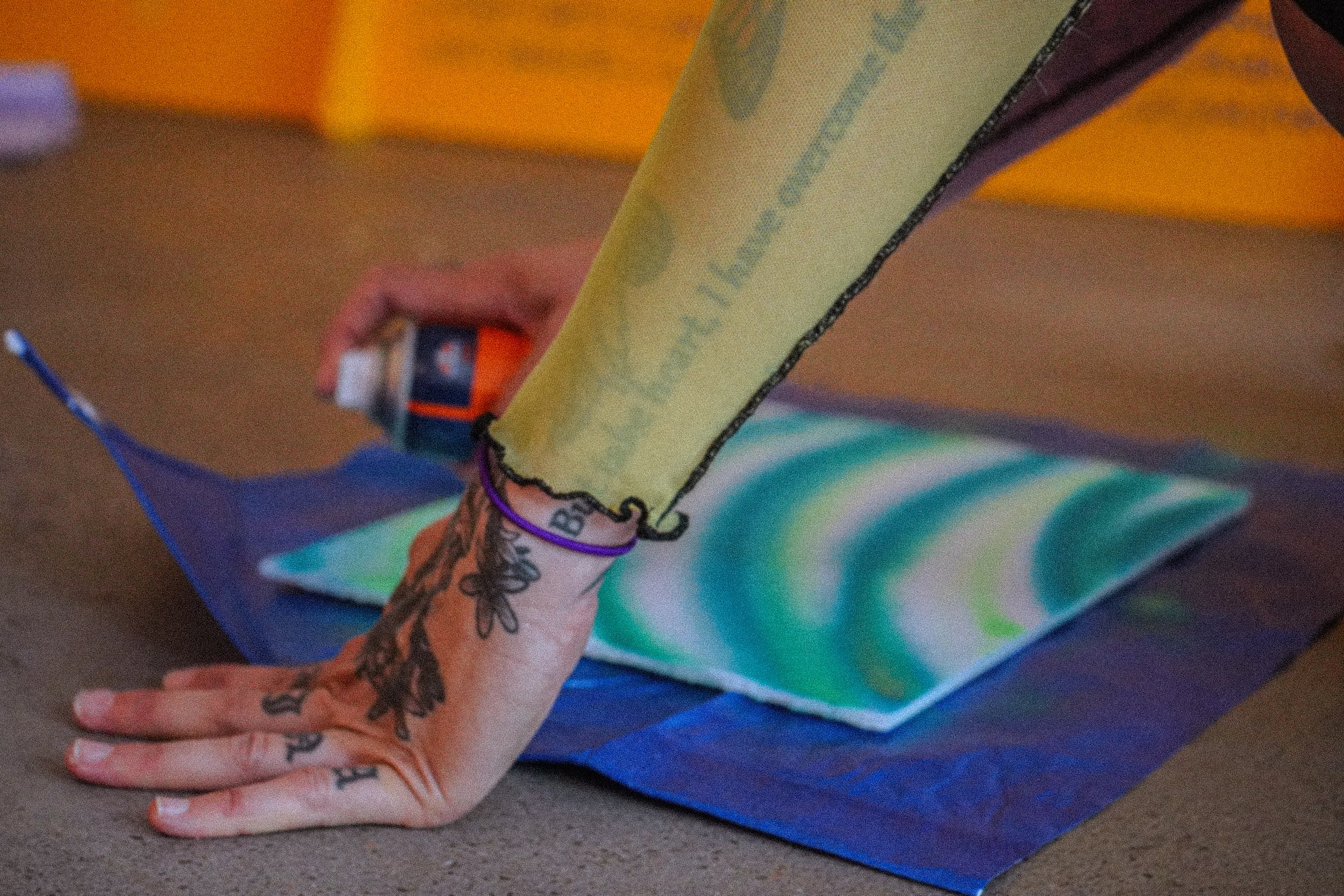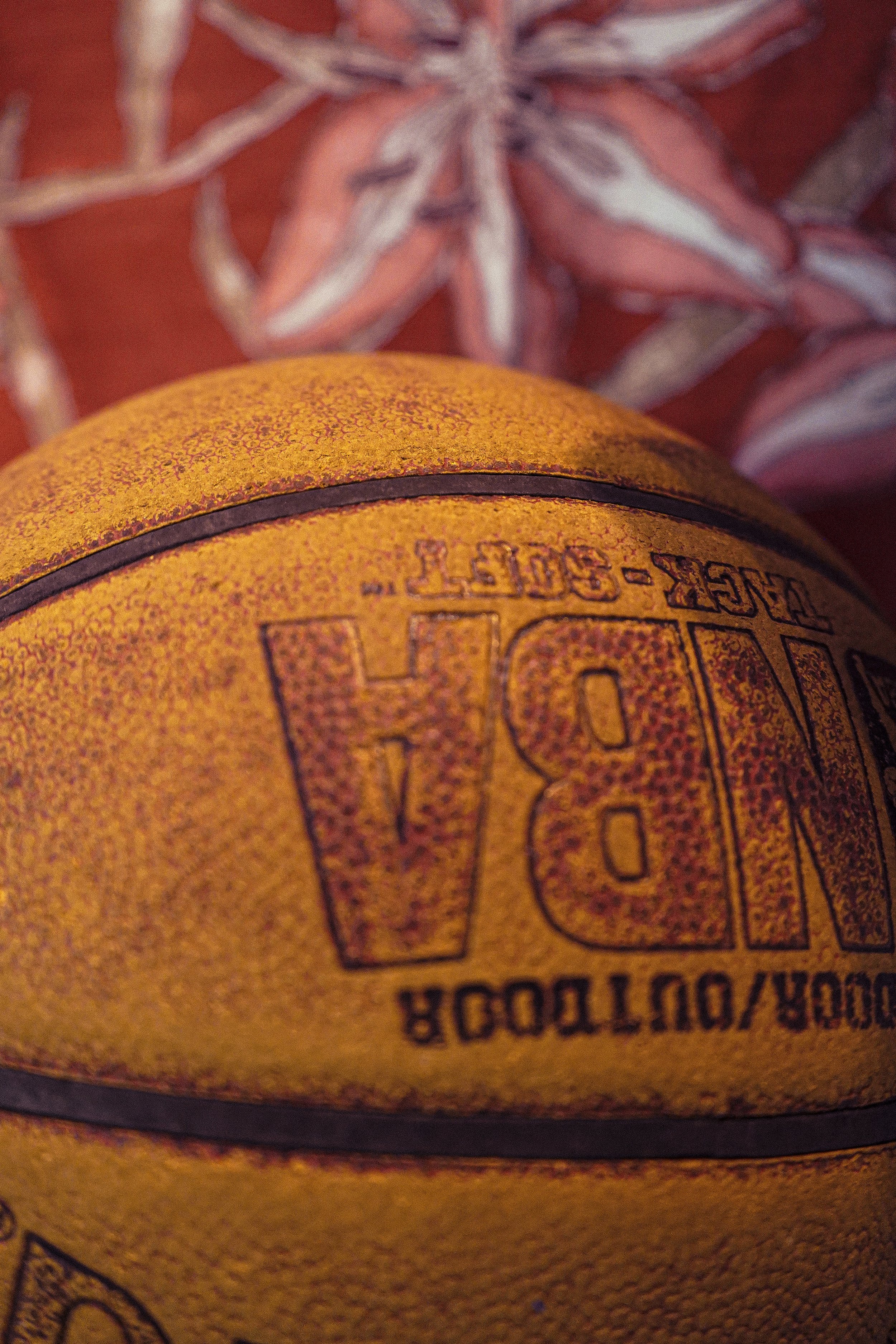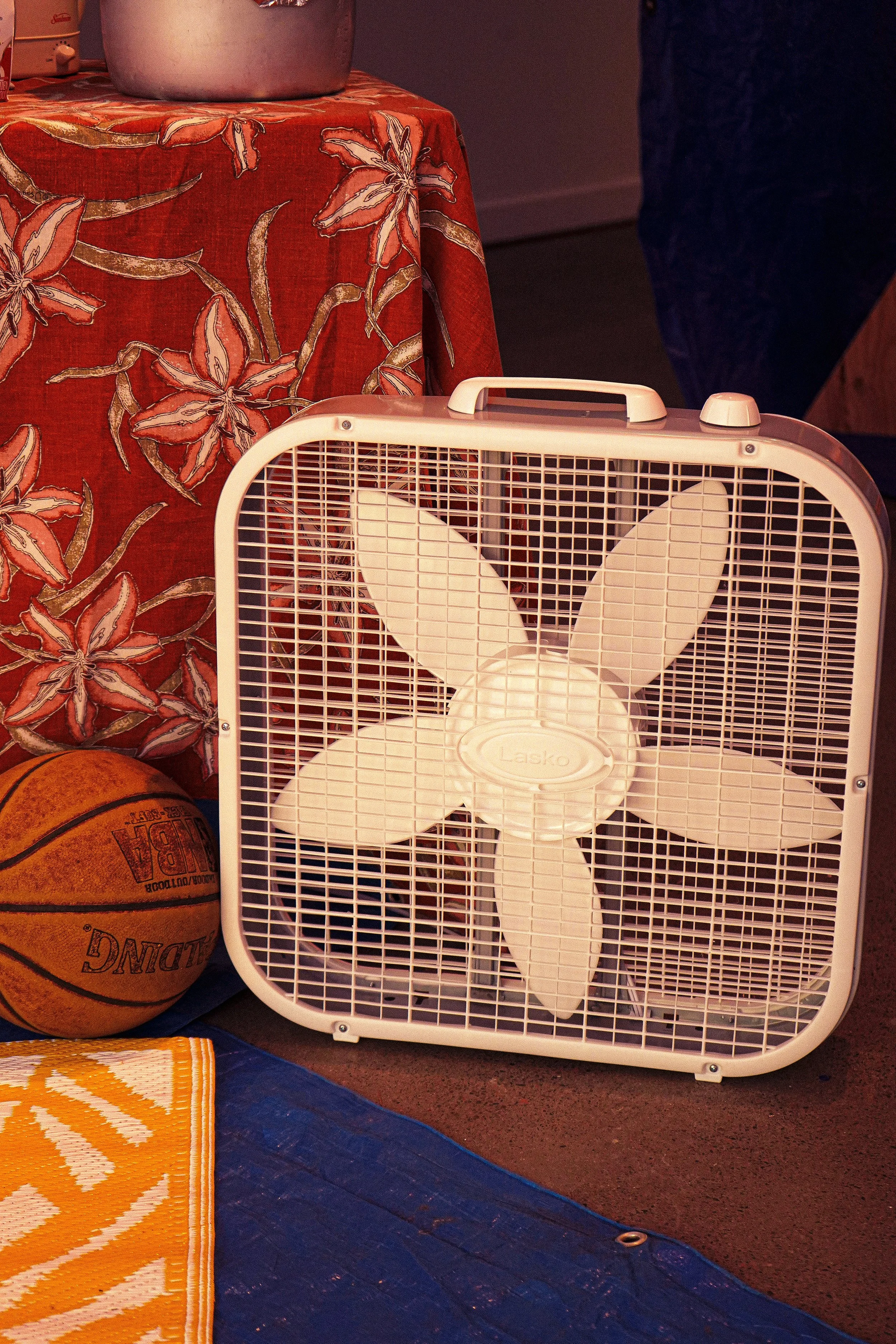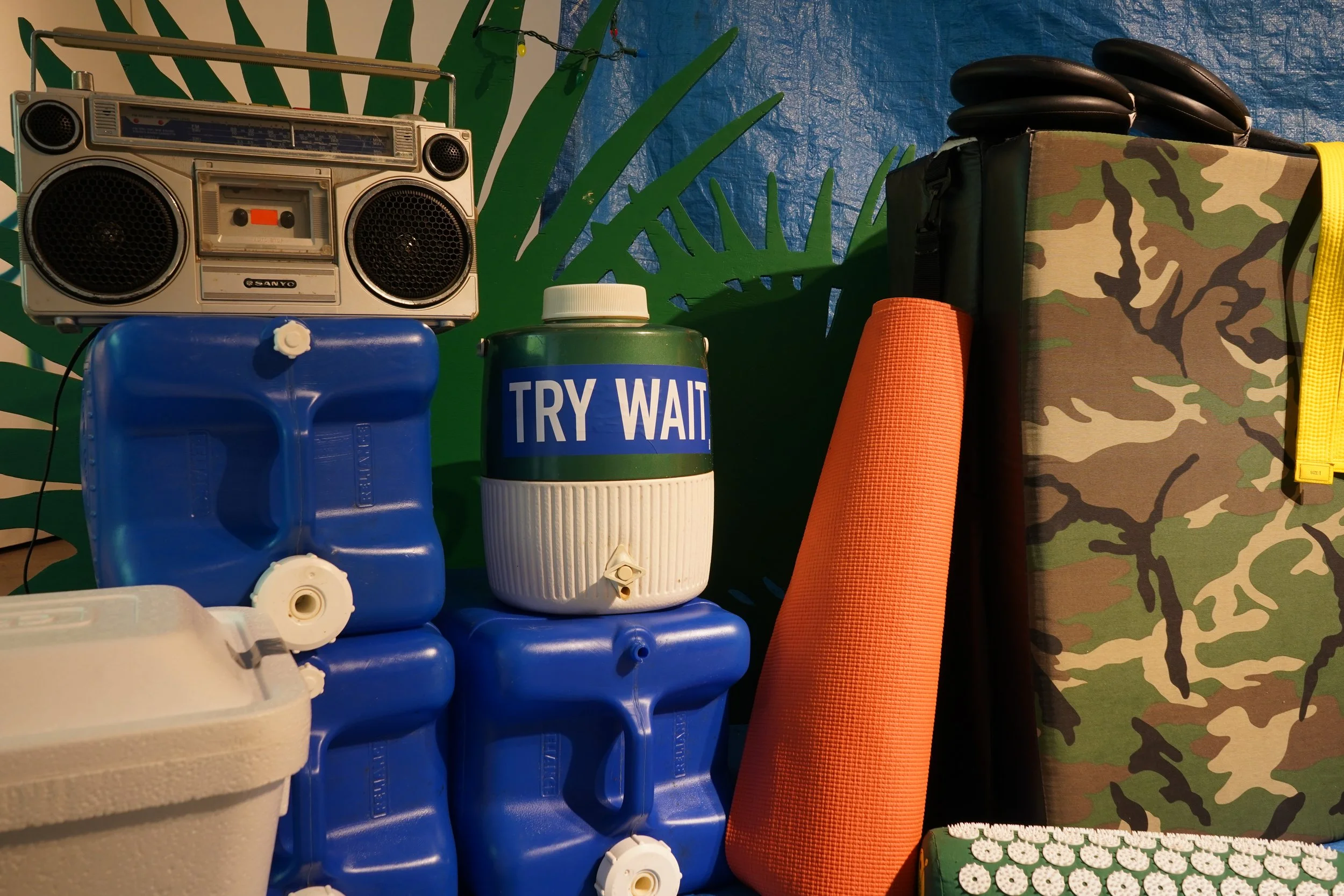FRONT YARD PARKING & REAL CLEAN
ISABEAU WAIA’U WALKER
ARTIST BIO
Isabeau Waiaʻu Walker is a storyteller and songwriter. Bright gloom, a single duality of the many that define her. Songs that are soothing and soft while powerful, accessible while complex, sweet but aching. The tension of the contradiction that she holds nest in her core and reverberates through the layers of her product: storytelling, collaboration, presentation, music. culture, race, and language surface in her work; half a life in her native Hawaii, the second in Oregon. For over a decade of being a high school teacher, she made music, slowly amassing an impressive YouTube subscribership. She orchestrated an early retirement from education to redirect attention to music, allowing her to tour as a member of Y La Bamba and to record her EP, Better Metric. “Woman,” a track off the EP, making OPB music’s Oregon’s top songs of 2020. The last year and a half has been spent writing, recording and preparing for the release of her full length album, “Body”, produced at The Center for Sound, Light and Color Therapy. “Body” is out now and available wherever you listen to music.
Artist Statement
Years ago, I left my family and home on Maui for the Pacific Northwest. In between school hours and work, I spent a lot of time observing and learning about my new “mainland” environment; I am forever curious about how and where people live, and their daily worlds unfolding. Front yards were often my first impression of each new neighborhood. It was so odd to see front yards sitting fresh and empty. People had cute patio furniture, beautiful gardens, plant boxes, or maybe even nothing at all, just meticulously maintained grass and exceptional landscaping. Don’t get me wrong, I don’t believe that a well-manicured lawn is necessarily a bad thing. Admittedly, as a kid, I dreamt of having a picture-perfect yard and everything I believed it symbolized. Though, at the end of the day, the un-touched front yard is unfamiliar to me. I didn’t and don’t understand it. Growing up, we had to move a lot. Housing insecurity was our reality and was common for most of my classmates and neighbors; my family was not the exception. Trying to fit multigenerational families into an unaffordable rental meant that every inch of space had to be used. Carports are no longer carports, they are living rooms. Garages do not house cars, they are sealed off and made into ʻohana units. Blue tarps are window awnings. Driveways are weight rooms. Closets are rental units. And, front yards are parking lots.
“I want people to see and hear and witness our families/the families fighting to remain on their land. I want them to bear witness to the ingenuity birthed from survival. I want people to see our/their contagious joy and the reality of their circumstances and after all that reconsider where you travel, how you travel, what you expect, what you give, what you take, how you speak to and how you speak of Hawaiʻi.
”










